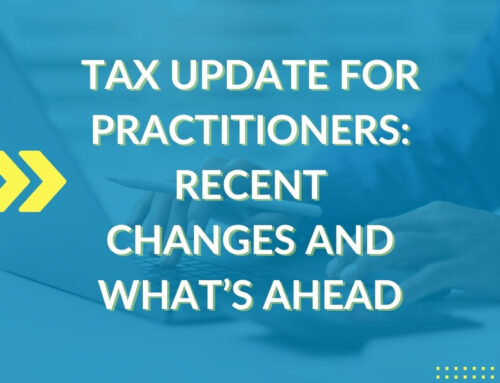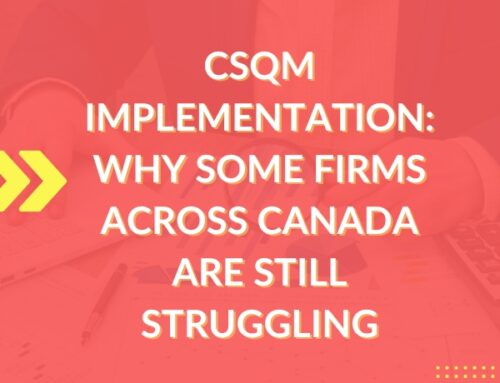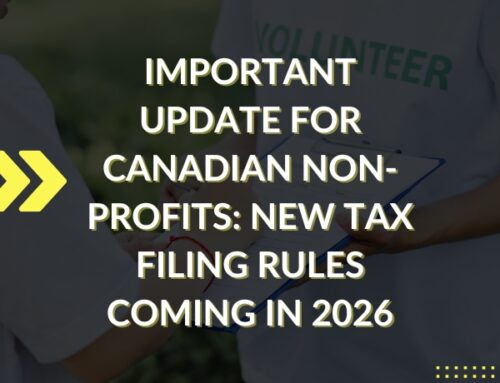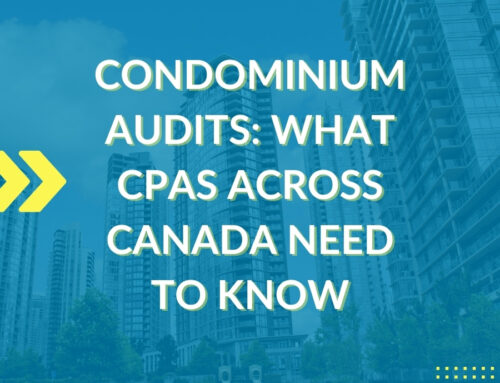— March 12, 2024 —
In an ever-evolving tax landscape, those of us with clients owning or considering ownership in short-term rental properties face new challenges and legislative complexities. With the federal government, the provinces as well as municipalities implementing their own measures to regulate short-term rentals, it’s imperative to stay informed and proceed with caution.
2023 brought significant changes that could well impact the viability of short-term rental investments for your clients – we’ve had clients sell properties no longer as profitable as they were now spooked by pending legislation. Notably, the federal government’s draft legislation, effective January 1, 2024, proposes denying income tax deductions for expenses related to “non-compliant short-term rentals”. A non-compliant rental is defined as a property offered for rent for less than 90 consecutive days in jurisdictions where such rentals are either not permitted or fail to meet registration, licensing, and permit requirements.
Emerging trends in legislation
In British Columbia, for example, the Short-Term Rental Accommodations Act (STRAA) introduces a “principal residence requirement” for short-term rentals starting May 1, 2024. Rentals are prohibited for less than 90 consecutive days unless they occur in the host’s principal residence or in a permitted secondary suite on the same property.
Municipal and provincial regulations
These can vary significantly, creating a complex web of compliance requirements. For instance, cities like Vancouver, Montreal, Toronto, and Calgary have bylaws affecting short-term rentals. When advising clients, be vigilant. Understanding these regulations is key to advising clients effectively, especially as non-compliance can result in denied tax deductions.
Unintended consequences
The conversion of short-term rental properties to long-term rentals may appear to be a solution for some taxpayers facing tightening regulations. However, this transition is not without its GST implications under the “change in use” rules of the Excise Tax Act. Such a change can have financial impact to clients unaware of the consequences of such a decision. And it’s easy for us to miss such a change in the busyness of tax season. When such a change does occur, ensure timely remittance of any deemed GST collected during such conversions.
More unintended consequences
For example, efforts to comply with one set of regulations may inadvertently lead to non-compliance with another. BC’s STRAA’s 90-day rental period creates potential conflicts with other legislation, such as Vancouver’s Vacancy Tax By-Law, Speculation and Vacancy Tax Act (SVTA), or the Underused Housing Tax Act (UHTA), which consider shorter rental periods as contributing to occupancy. Expect more conflict and confusion to come to other jurisdictions across the country as all levels of government step up to the trough. This situation in British Columbia may well serve as an indicator of things to come in other jurisdictions, emphasizing the need for a proactive and informed approach across Canada.
In navigating these turbulent waters, prudence, education, and diligence are key. Educate your clients well in advance about these developments and the importance of compliance to avoid penalties and maximize the potential of their investment. Consider a section in your T1 tax checklist such as “NEW for 2024” to give clients advanced notice and opportunity for questions. Ensure you proactively communicate via email or other means to get ahead of the potential risks of clients making uninformed decisions.
Don’t take the complexity of short-term rental properties for granted. The interplay between federal, provincial and municipal legislation underscores the importance of staying informed and prepared for the evolving regulatory environment.
For more insights and updates on tax-related topics such as this, make sure you subscribe to our email newsletter at the top or bottom of this page.






